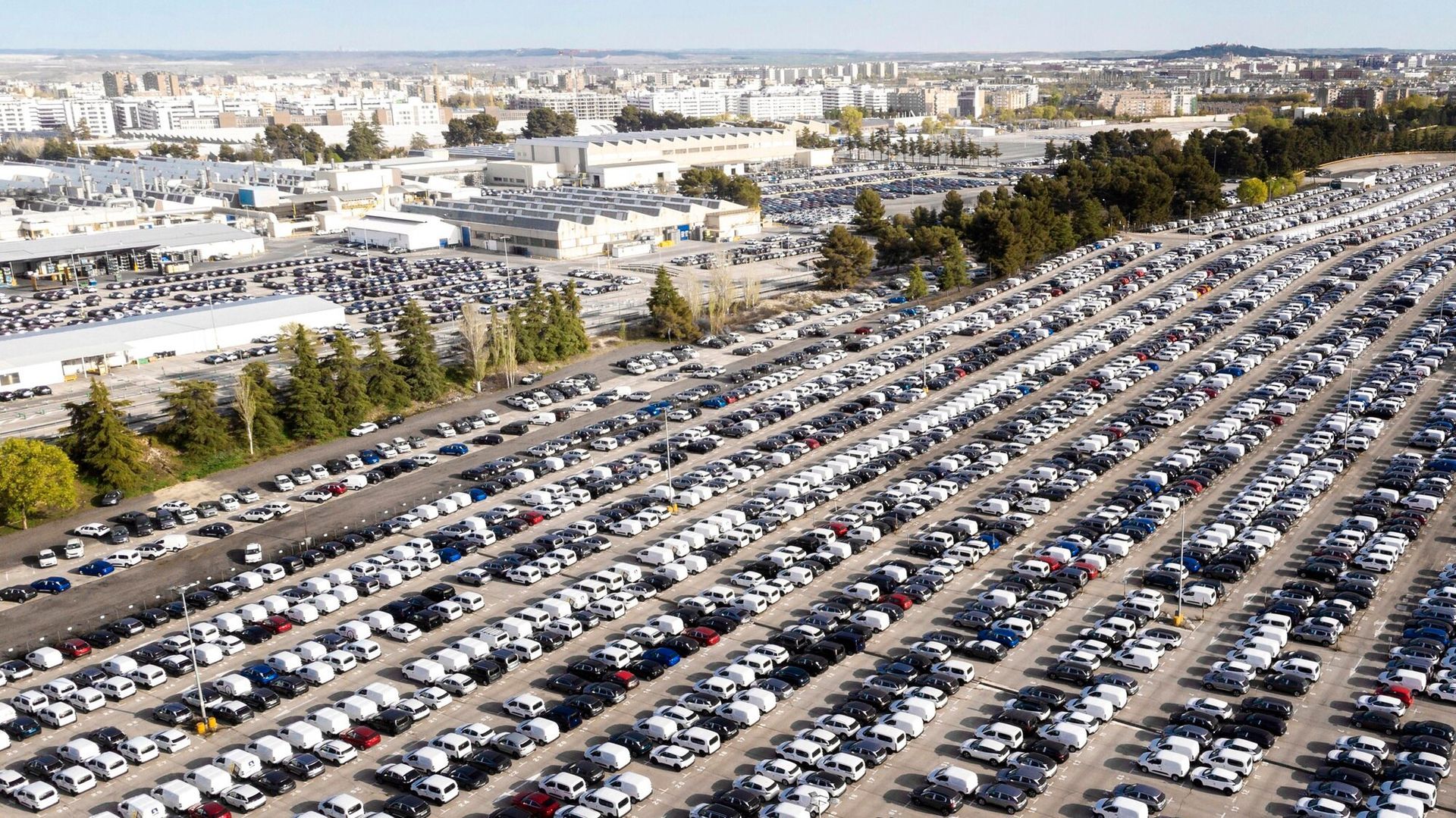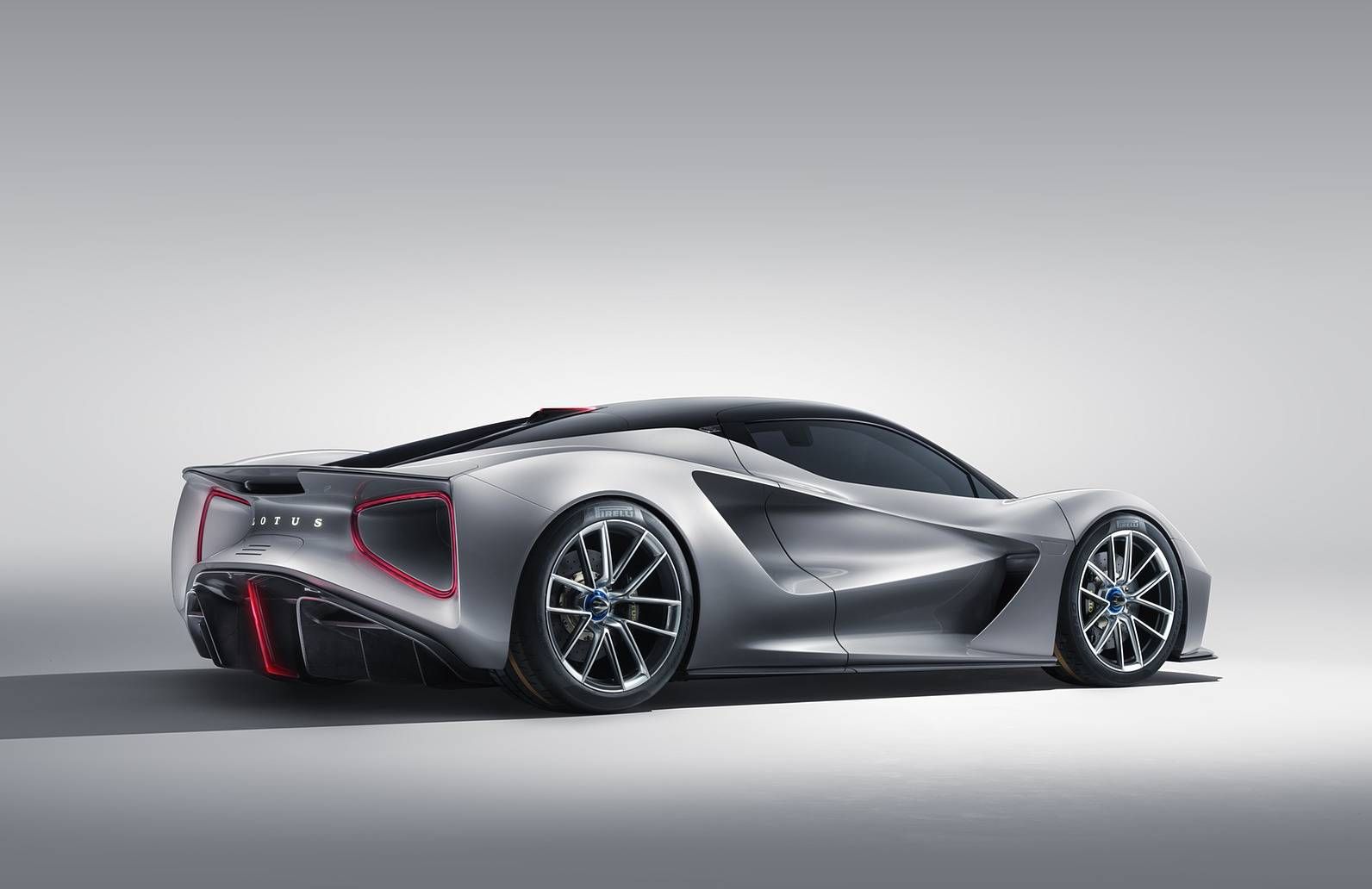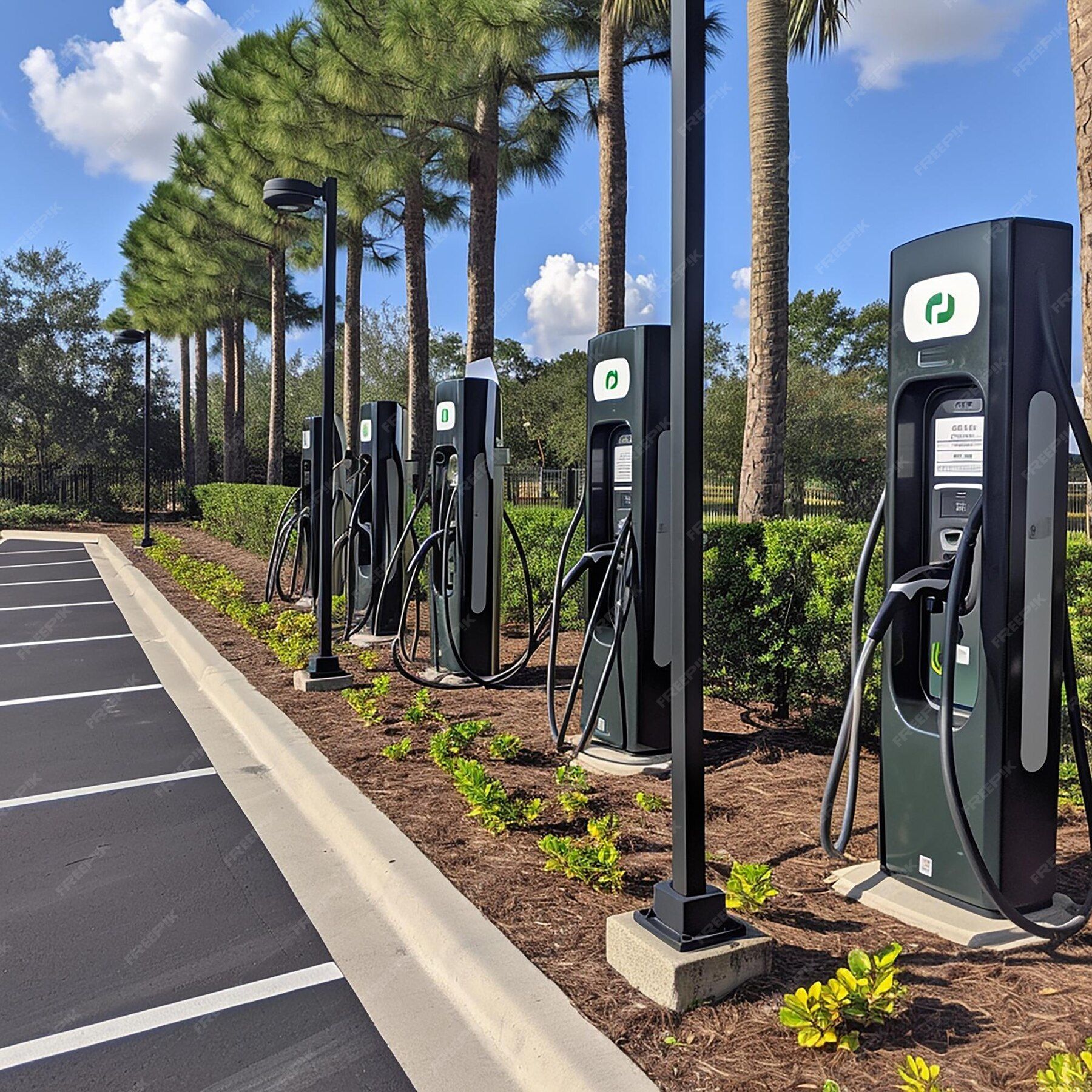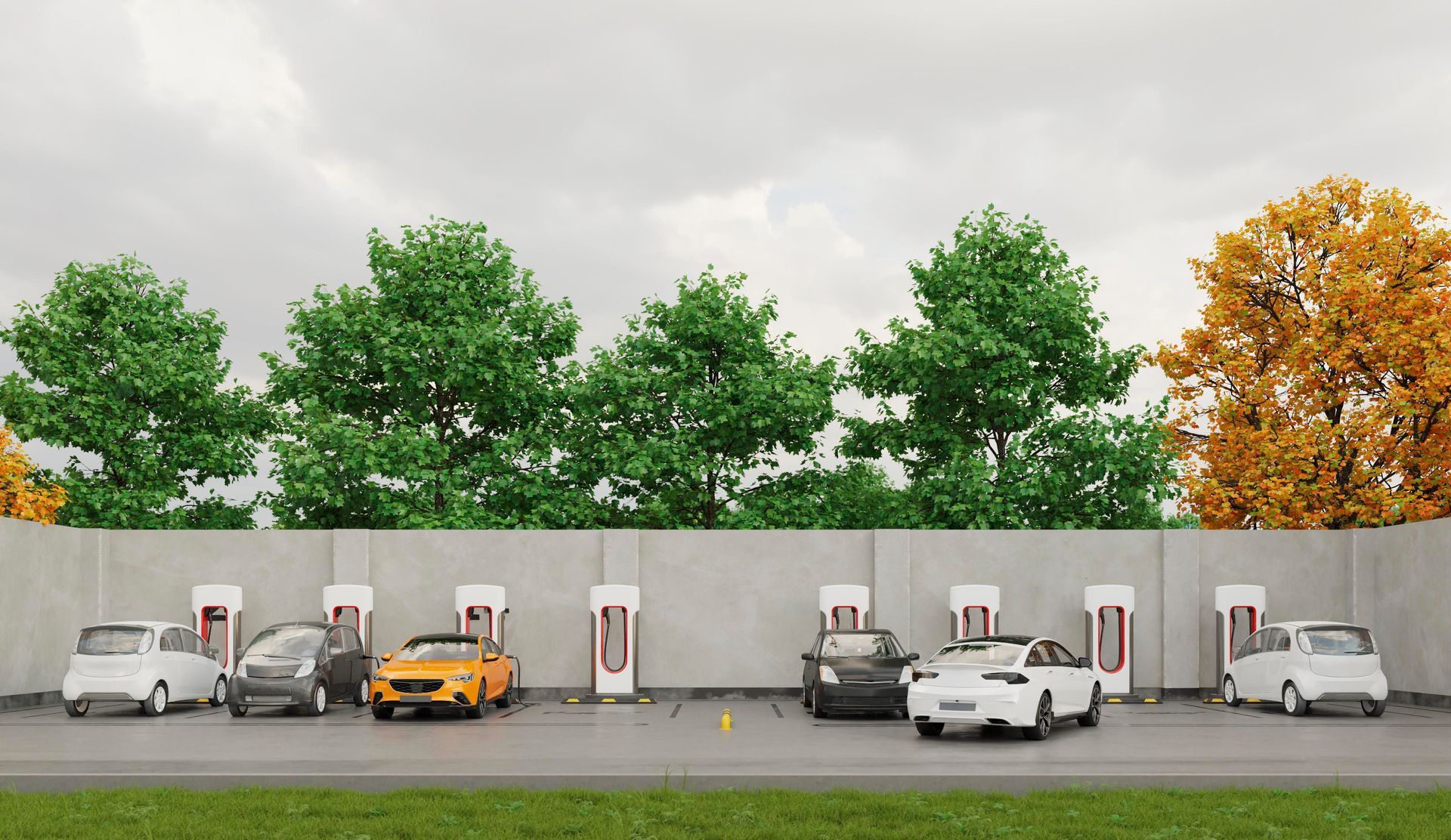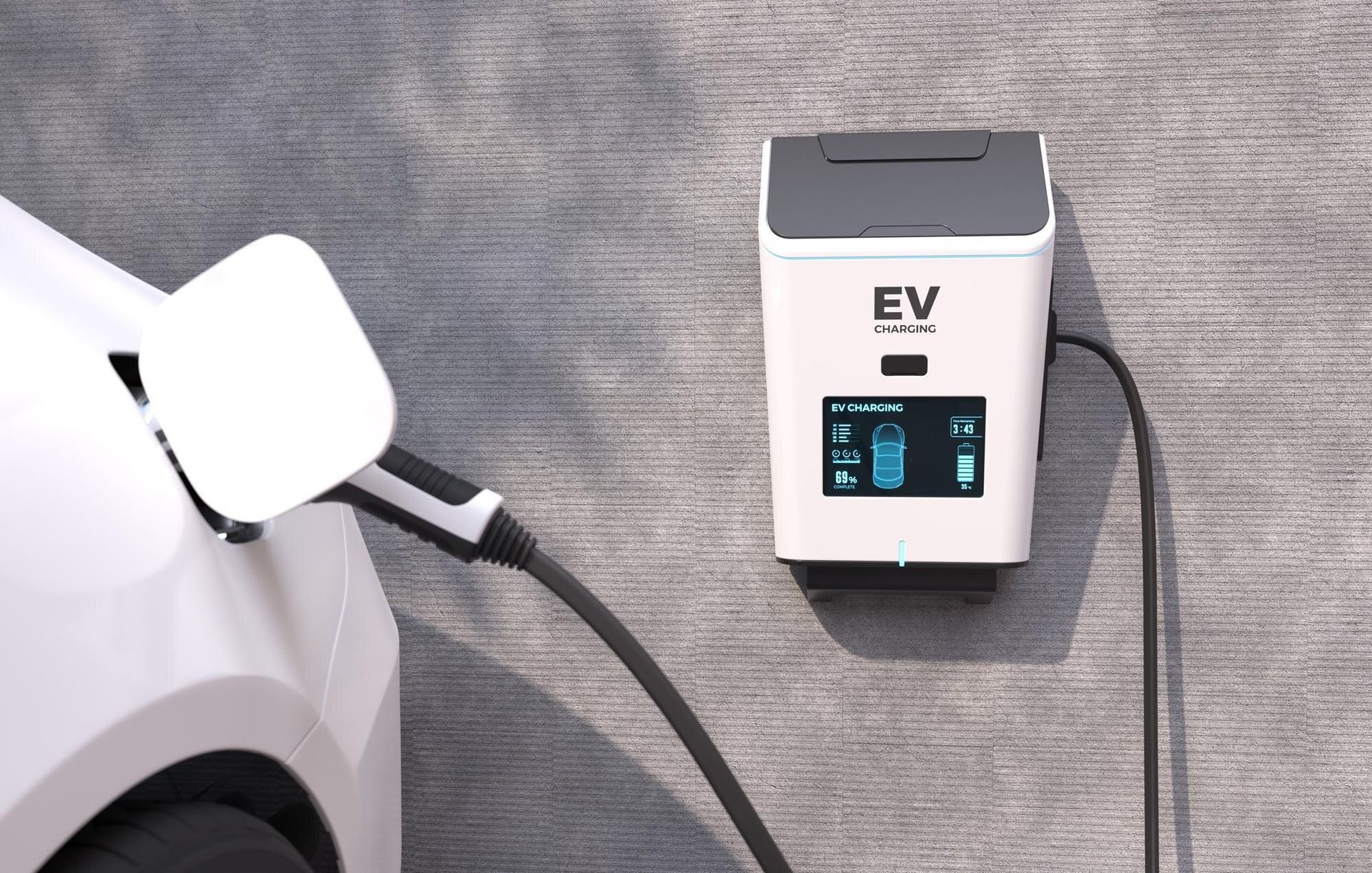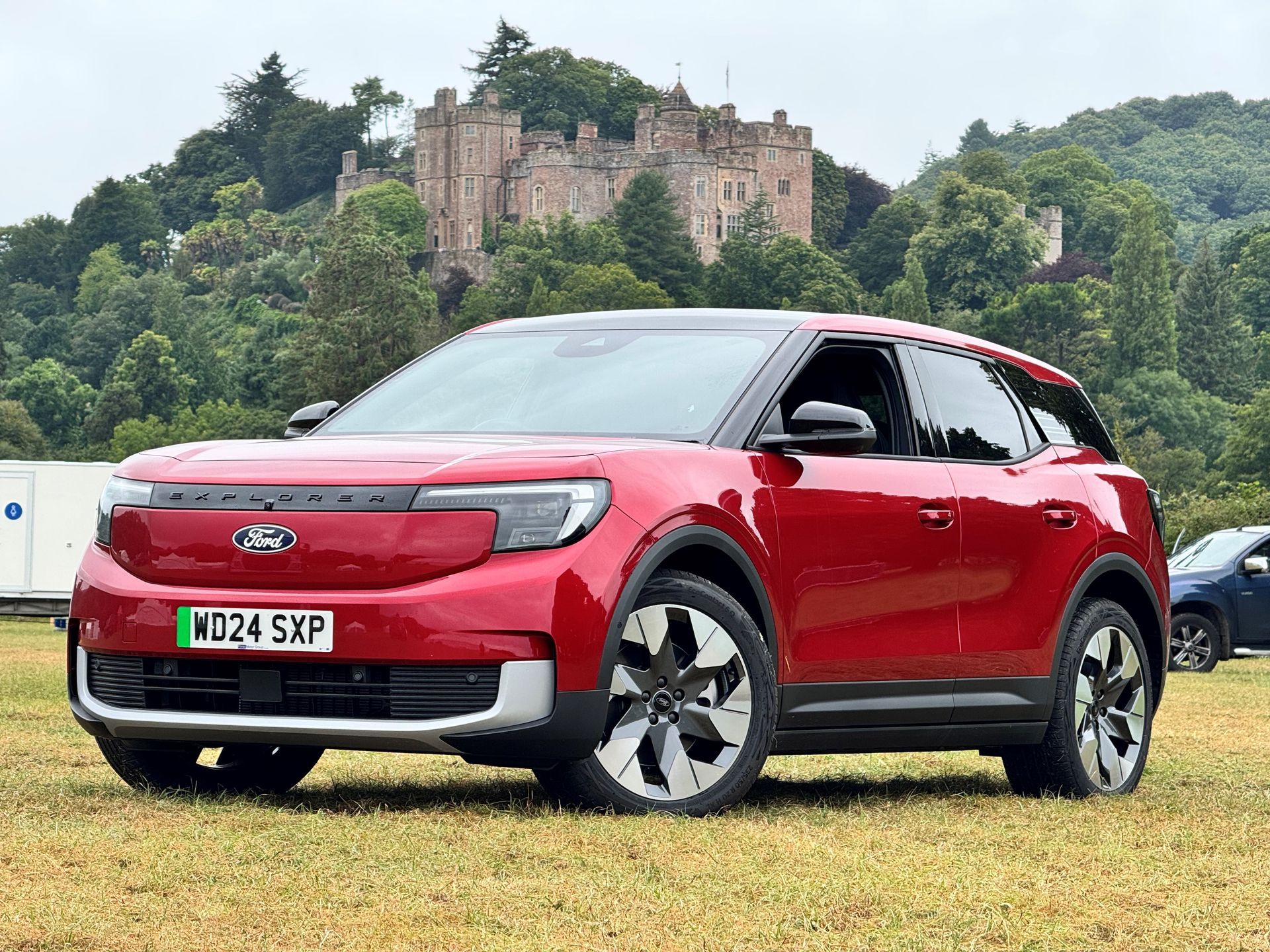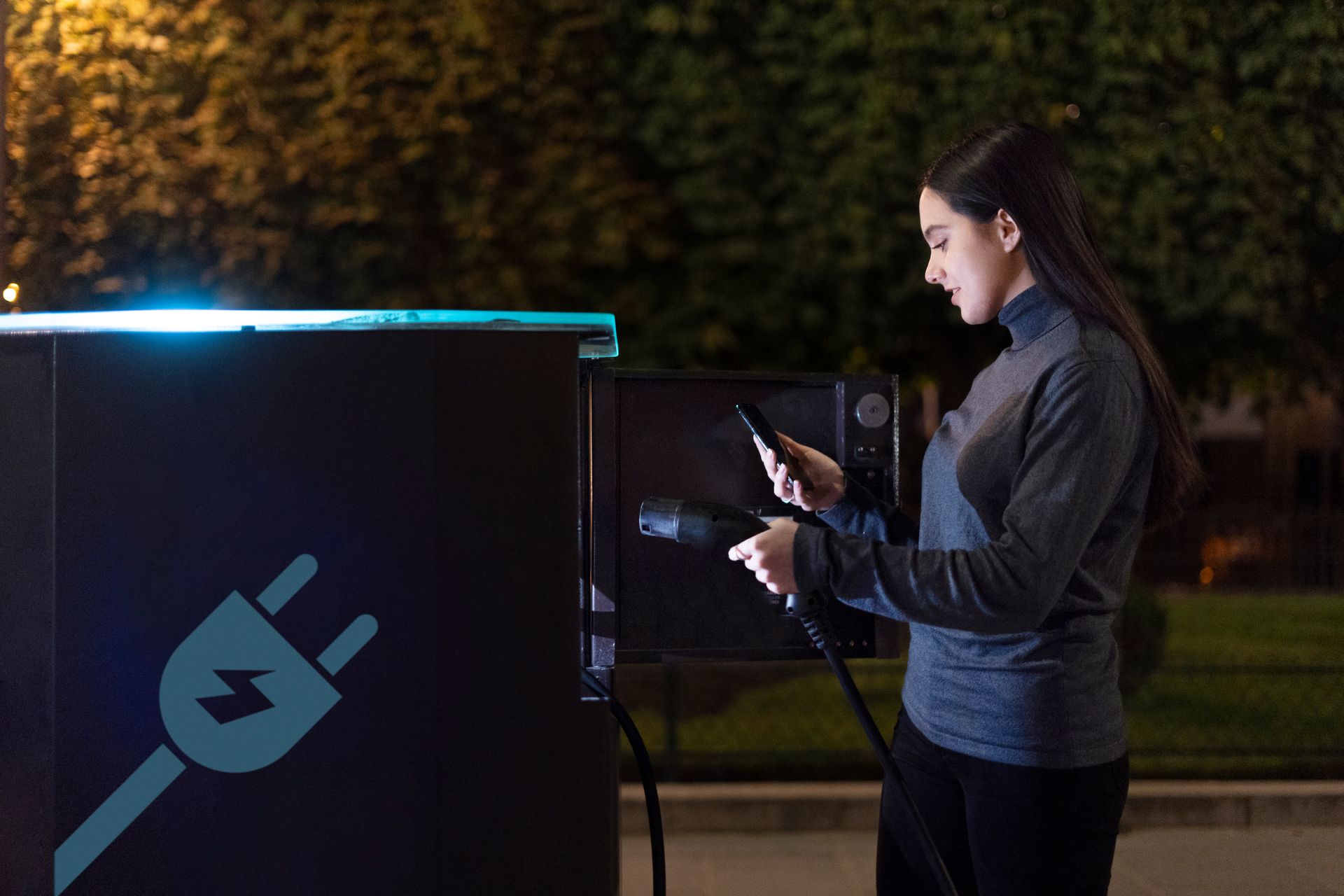The Role of Electric Vehicles in Achieving Net Zero Emissions
Driving Toward Tomorrow: Emerging Battery Technologies Shaping the Future of Electric Vehicles

The evolution of EV battery technology is reshaping the landscape of electric vehicles, offering exciting opportunities for innovation and growth in the automotive sector. As a cornerstone of modern transportation, advancements in battery technology drive the performance, range, and cost-effectiveness of EVs. Whether you're an entrepreneur eager to tap into the electric vehicle market or a tech enthusiast fascinated by cutting-edge developments, understanding these advancements is key. Solid-state batteries, for instance, promise to revolutionize the industry with higher energy density and faster charging capabilities. Meanwhile, sustainable battery solutions and recycling initiatives are paving the way for a more eco-friendly future, making the prospect of next-generation EVs not just a possibility but an exciting reality. Dive into this transformative journey and explore how these innovations can empower your business and inspire new ventures.
Energy Density Challenges
Energy density is a critical factor in the performance of EV batteries, affecting the range and efficiency of electric vehicles. Currently, lithium-ion (Li-ion) batteries dominate the market due to their relatively high energy density compared to older technologies. However, these batteries still require large, heavy packs to achieve extended driving ranges. This additional weight not only impacts the efficiency of the vehicle but also limits design flexibility for automakers looking to innovate. As EV adoption rises, the demand for batteries with higher energy densities is increasing. Researchers are focused on developing solutions to pack more energy into smaller, lighter batteries. This is crucial for producing vehicles that are not only more efficient but also offer longer ranges without compromising on size or weight. Overcoming these energy density challenges will be pivotal in advancing EV battery technology and making electric vehicles more viable for the mass market.
Charging Speed Improvements
Charging speed is a significant consideration for electric vehicle (EV) users, as convenience is a key factor in widespread adoption. Despite advancements, current lithium-ion batteries still require more time to charge compared to refueling a gasoline vehicle. Most fast chargers can bring an EV to 80% charge in about 30 minutes, but reducing this time is a major focus for future developments. The industry is exploring various approaches, such as improving battery chemistry and enhancing charging infrastructure. Innovations like solid-state batteries are promising faster ion movement, potentially slashing charging times to under 10 minutes. Additionally, the expansion of high-power charging networks is essential to support these advancements. Faster charging capabilities will not only improve user experience but also make EVs more practical for long-distance travel. As these improvements take shape, they will likely drive greater consumer interest and confidence in electric vehicles, propelling the industry forward.
Cost and Affordability
The cost of EV batteries significantly influences the overall price of electric vehicles, often accounting for up to 40% of the total vehicle cost. While battery prices have decreased substantially over the past decade, further reductions are essential to make EVs more accessible to a broader audience. Economies of scale, technological advancements, and increased competition are driving down costs, but challenges remain. One approach to lowering costs involves optimizing the supply chain for critical materials like lithium, cobalt, and nickel. Additionally, research into alternative materials and more efficient manufacturing processes holds promise for cost reductions. As the industry continues to innovate, the focus remains on producing affordable batteries without compromising performance or safety. Achieving this balance is crucial for expanding the EV market and encouraging more consumers to switch from traditional vehicles. Ultimately, making EVs financially viable for the mass market will be key in accelerating the transition to sustainable transportation.
Sustainability Concerns
Sustainability is a pressing issue in the development of EV battery technology. The production of lithium-ion (Li-ion) batteries involves the extraction of raw materials like lithium, cobalt, and nickel. These materials have significant environmental and ethical implications tied to their mining processes, including land degradation and poor labor conditions. Moreover, the end-of-life disposal of batteries presents another challenge, with many currently ending up in landfills. To address these concerns, the industry is focusing on sustainable battery solutions and recycling initiatives. Companies are investing in closed-loop systems to recover valuable materials from used batteries, reducing the need for new raw materials. Governments are also stepping in with regulations to encourage recycling and the use of recycled content in new batteries. By prioritizing sustainability, the EV industry aims to minimize its environmental footprint, ensuring that the shift to electric vehicles contributes positively to the global effort against climate change.
Find out more below:


